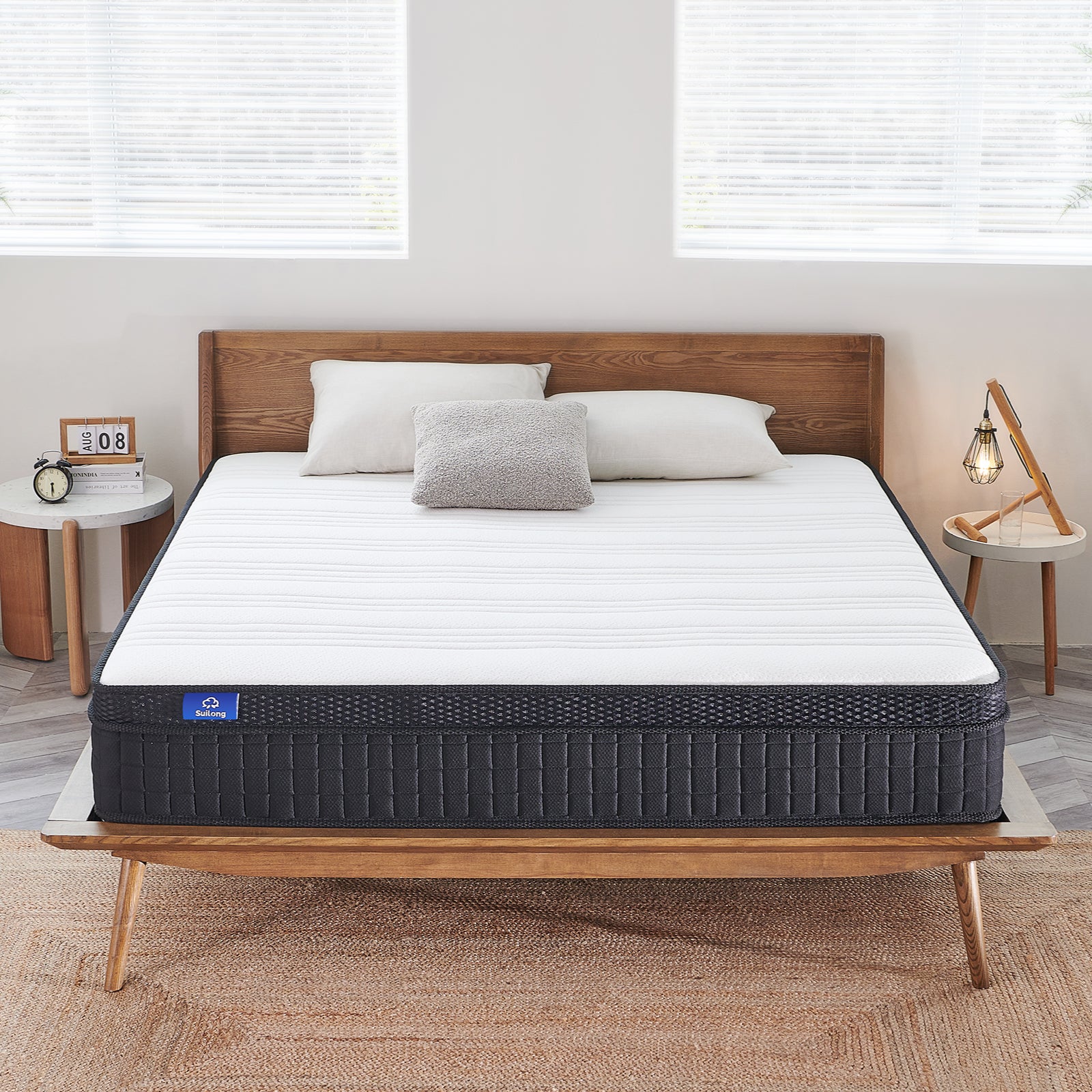How Devices Impact Your Nightly Rest

1. Overview of the effects of electronic devices on sleep
1.1 Disturbance of the biological clock by blue light
Blue light, especially at 480nm, has been shown to suppress the production of melatonin. Melatonin is the key hormone that controls our biological clock and determines when we feel sleepy or awake. When stimulated by blue light at night, our biological clocks are disrupted, which affects the quality of our sleep.
1.2 Psychological attraction of electronic devices
Social media, news and games can cause psychological arousal, keeping the brain active and thus prolonging the time it takes to fall asleep. Constant electronic distractions, especially at night, can lead to insomnia, early waking and interrupted sleep cycles.

2. Mobile phones: a prime nighttime disruptor
2.1 Integration of mobile phones into life
Smartphones bring us convenience, but also a continuous flow of information and notifications. This continuous input of information can keep the brain working, which can make it difficult to relax and enter a state of rest.
2.2 How mobile phones affect sleep more deeply
In addition to blue light, notifications and vibrations on your mobile phone may interrupt your deep sleep. And interrupting your deep sleep cycle may lead to fatigue and poor concentration the next day.
3. The two sides of technology and sleep
3.1 Sleep tracking and health technology
Some sleep monitoring tools and apps, such as smart bracelets, can help you understand your sleep patterns and provide you with suggestions for improvement. This provides users with the opportunity to self-monitor and improve.
3.2 Positive health effects of electronic devices
Some apps, such as meditation and light music apps, can help people relax and therefore fall asleep more easily.

4. Recommendations for using electronic devices at night
4.1 Reducing Blue Light Exposure
In addition to using night mode, consider investing in blue light filtering glasses, which can help filter out the harmful blue light emitted by electronic devices.
4.2 Set times for electronic device use
Studies have shown that it is optimal to stop using electronic devices at least one hour before bedtime. This ensures that your biological clock is not disturbed, thus ensuring quality sleep.
5. How to optimise your sleep environment
5.1 Appropriate bedding
Choosing a mattress and pillow that helps you sleep is key. At Suilong, we utilise advanced ergonomic research to ensure that each product provides you with optimum support and comfort.
5.2 Adjustments to other elements
The right room temperature, light and acoustic environment also have a key impact on sleep. Studies have shown that a room temperature of 18-22°C is the optimal temperature for sleep.
6. Optimal interval between electronic devices and bedtime
6.1 Recommendations from scientific studies
Studies have shown that the use of electronic devices before bedtime causes the brain to become active and affects the biological clock. Therefore, to ensure quality sleep, it is recommended to disconnect from electronic devices at least one hour before bedtime.

7. Balancing Technology and Health
7.1 Develop your own technology use habits
A healthy interaction with electronic devices is not just about reducing the amount of time spent using them, but also focusing on what is being used. For example, avoid viewing exciting or anxiety-inducing content at night.
7.2 Learn more about sleep
Learning more about sleep, including sleep cycles, the importance of deep sleep, and how to optimise your sleep environment can help you achieve a better balance with technology and life.
Hopefully, with this article, you'll gain a deeper understanding of the effects of electronic devices on sleep and learn how to find a balance between your digital life and healthy sleep. When you start applying these tips, you may be surprised to find that you can sleep at night with just a few small life adjustments. Remember, smart technology is meant to serve us, not control our lives. For a better tomorrow, start tonight by saying goodnight to your devices and giving yourself a well-deserved rest.
Read More:
https://suilong.org/blogs/blogs/a-full-breakdown-of-bed-frame-options-for-hybrid-mattresses
https://suilong.org/blogs/blogs/full-vs-queen-mattress
https://suilong.org/blogs/blogs/how-to-decide-the-thickness-of-the-spring-mattress-to-buy
https://suilong.org/blogs/blogs/unlocking-the-role-of-bed-slats-support-and-comfort-explained
https://suilong.org/blogs/blogs/queen-vs-full-mattresses
FAQs
Q: Why do electronic devices interfere with sleep?
A: Electronic devices, especially those with screens, emit blue light. Exposure to this type of light during the evening can confuse the body's internal clock (or circadian rhythm) and suppress the release of the sleep-inducing hormone melatonin, making it harder to fall asleep.
Q: Are certain devices more disruptive to sleep than others?
A: While most screens emit blue light, the intensity and duration of exposure can vary based on the device. Smartphones and tablets, which are often held closer to the face, can have a more pronounced effect than a television across the room. However, any device screen can disrupt sleep if used extensively in the hours leading up to bedtime.
Q: How long before bedtime should I stop using electronic devices?
A: Experts often recommend a "digital detox" of at least 60-90 minutes before bedtime. This allows melatonin levels to normalize and prepares the body for rest. If you must use a device, consider activating a "night mode" or using apps that filter blue light.
Q: Does reading on an e-reader or tablet affect my sleep the same way as other devices?
A: E-readers that use e-ink technology, like certain versions of the Kindle, do not emit blue light and are less likely to interfere with sleep than backlit tablets or smartphones. However, if an e-reader is backlit and emits light, it can still impact melatonin production and disrupt sleep.
Q: Are there any tools or apps that can minimize the sleep-disrupting effects of electronic devices?
A: Yes, many devices now come with built-in settings or modes (such as Apple's "Night Shift" or Android's "Night Mode") that reduce blue light emission during the evening. Additionally, there are third-party apps like "f.lux" that adjust screen colors in sync with the time of day, warming them up in the evening to minimize blue light exposure.
-
Posted in
Buyer's Guide, Lifestyle, Shopping Tips, Sleep Experts, Sleep Tips
















